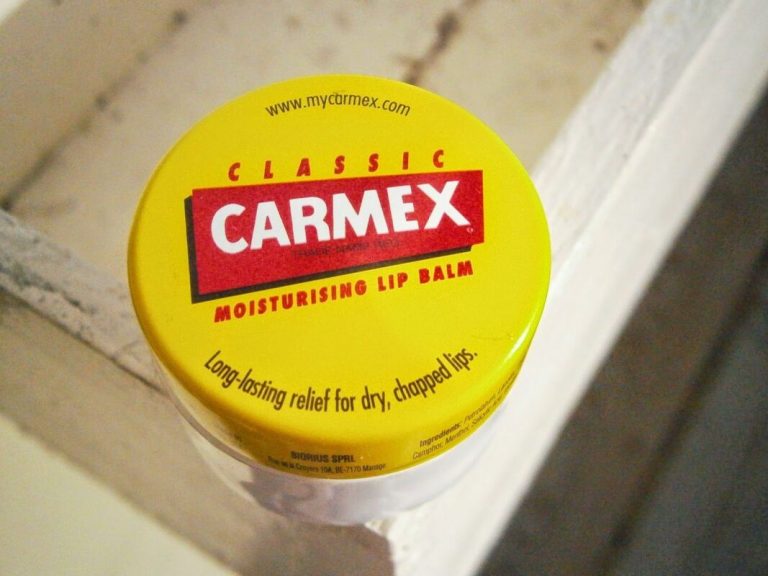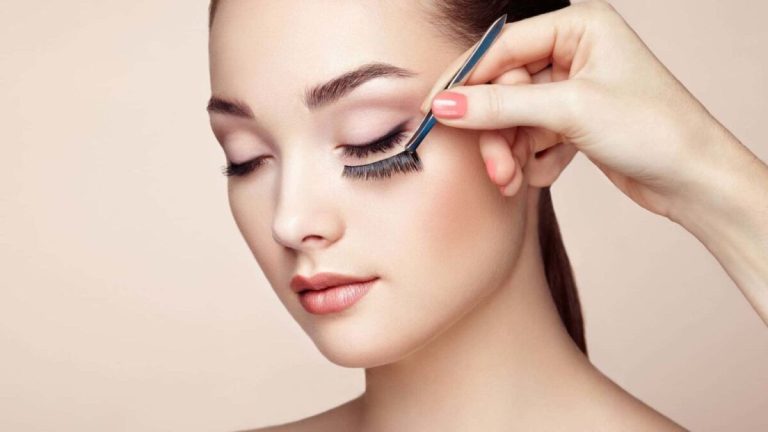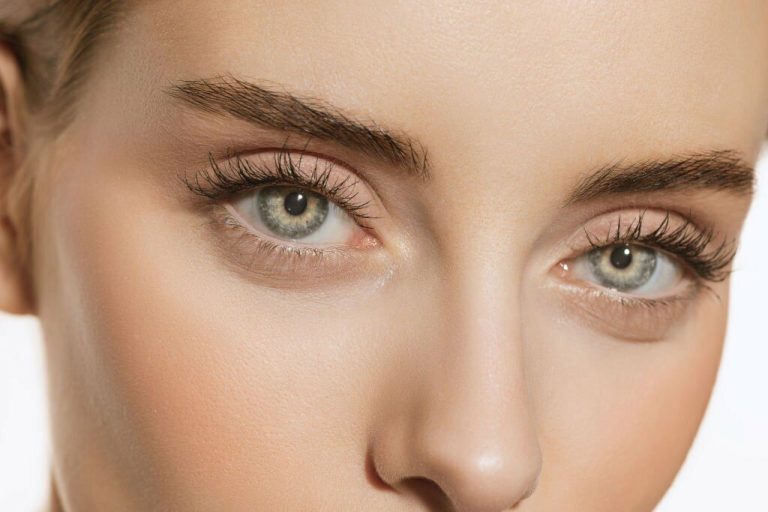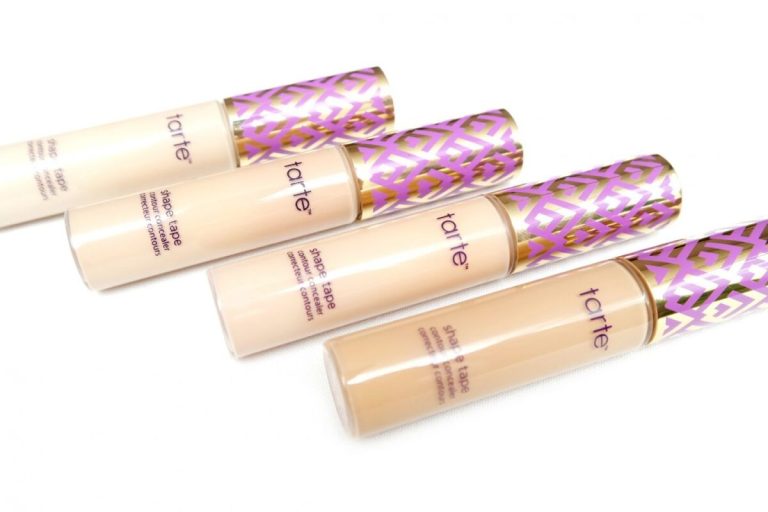Is toner supposed to burn? Answered In-Depth
Toner is an essential part of many skincare and haircare routines. But a common question arises: is toner supposed to burn when you apply it?
I’ve had my fair share of skincare mishaps, including some unpleasant encounters with stinging toners. So I decided to get to the bottom of whether toner is supposed to burn or not.
Keep reading to find out the answer and get the scoop on how to choose the right toner for your skin and hair.
Is Facial Toner Supposed To Burn?
Contents
- Is Facial Toner Supposed To Burn?
- What Are The Benefits Of Using Facial Toner?
- How To Choose The Right Facial Toner
- How To Apply Facial Toner The Right Way
- Is Hair Toner Supposed To Burn Your Scalp?
- What Are The Benefits Of Hair Toner?
- How To Choose The Right Hair Toner
- How To Apply Hair Toner Correctly
- The Bottom Line
When applying facial toner, the last sensation you want is a burning feeling. So is facial toner supposed to burn when used on your skin?
The short answer is no – facial toner should not burn when applied correctly.
If you experience a burning sensation from your toner, it’s usually a sign to stop using it. The burning indicates the toner is too harsh for your skin type or that you could be having an allergic reaction.
Why Does Facial Toner Burn?
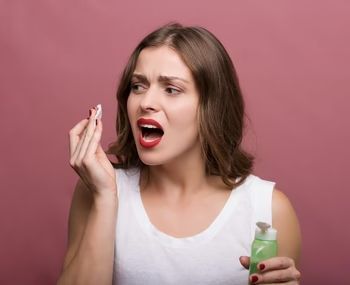
There are a few reasons why facial toner may cause a burning or stinging feeling on your skin:
- The toner contains irritating ingredients like alcohol, menthol or salicylic acid. These can disrupt your skin’s protective barrier and cause sensitivity.
- You are using too much toner or applying it too often. Toner overuse can upset your skin’s pH balance and provoke irritation.
- You have an allergy to an ingredient in the toner. Common culprits include fragrance, botanical extracts and preservatives.
- An inflammatory skin condition or damage to your moisture barrier. This makes your skin more vulnerable to irritation.
- You recently used a peel, retinol or other treatment. This can heighten sensitivity temporarily.
The takeaway? Listen to your skin. If a facial toner stings or burns, stop using it. Seek out gentler formulas or use toner less frequently.
What Are The Benefits Of Using Facial Toner?
When used properly, facial toner offers some nice perks for your skin:
- Restores your skin’s pH balance. Cleansers and environmental factors can disrupt your skin’s ideal slightly acidic pH. Toner helps restore it.
- Prepares skin for other products. It removes residue so serums, moisturizers, etc. can penetrate better.
- Adds hydration. Some toners contain humectants like glycerin to boost moisture levels.
- Refreshes skin. Invigorating ingredients like rose water give your skin an instant pick-me-up.
- Minimizes pores. Astringent toners can temporarily tighten pores to reduce their appearance.
- Reduces redness and inflammation. Anti-inflammatory toners with ingredients like green tea may calm irritation.
So when used properly, the right facial toner offers multiple benefits for your unique skin. Just be sure to avoid any burning or stinging sensations.
How To Choose The Right Facial Toner
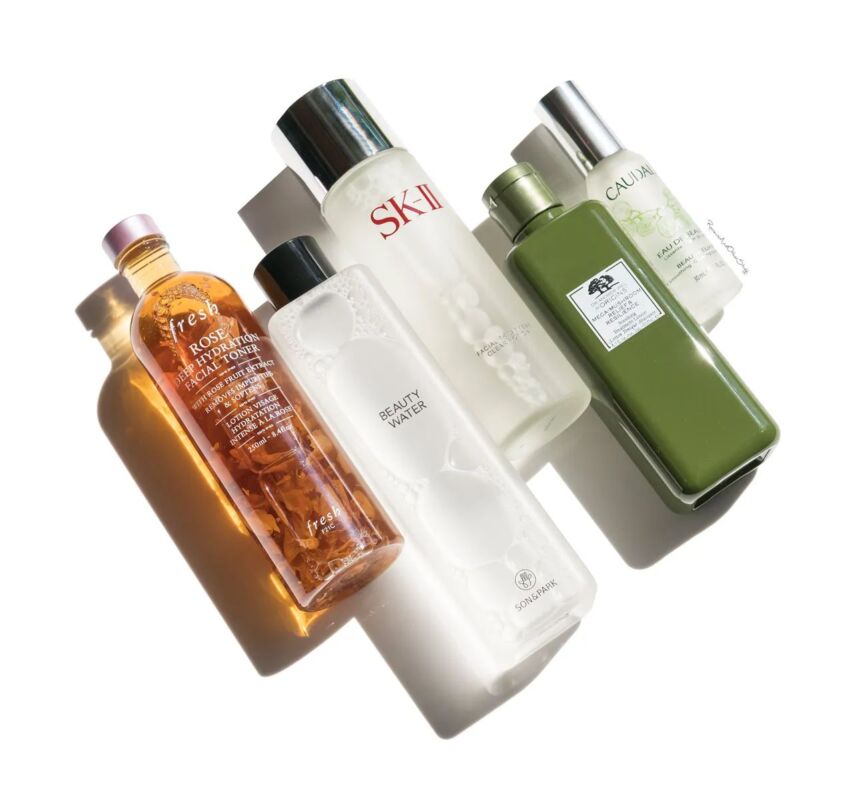
With so many toner options out there, it can be tricky to select the best facial toner for your skin type. Follow these tips:
- Determine your skin type. Consider factors like oiliness, dryness, sensitivity, and acne-proneness.
- Check the ingredients list. Opt for gentle plant extracts, vitamins, and humectants. Avoid alcohol, fragrance and harsh acids.
- Consider the toner’s purpose. Do you want to mattify oily skin, hydrate dry skin, minimize pores, etc?
- Mind the pH. Look for a pH between 4-5.5 to match your skin’s natural levels. Too alkaline or acidic can irritate.
- Read analysis. Check for feedback on how the toner worked for other people with your skin type.
- Do a patch test. Apply a small amount to your inner arm to test for any burning, itching or redness.
With this criteria in mind, you can narrow down your choices and find the best toner for you. I recommend keeping it simple and gentle, especially if you have sensitive skin.
How To Apply Facial Toner The Right Way
Once you’ve selected the right facial toner for your skin, it’s crucial to apply it properly to reap the rewards. Here are some tips:
- Use freshly cleansed skin. Apply toner immediately after cleansing so it can balance pH and prep skin.
- Use a cotton pad. Pour a small amount of toner onto a cotton pad. No need to soak it!
- Avoid the eye area. Swipe toner all over your face, but be extremely gentle around the delicate eye area.
- Don’t rinse. Let the toner dry down fully before applying other skincare steps like serums and moisturizers.
- Apply gently. Avoid rubbing vigorously. Use light, sweeping motions instead.
- Twice daily is often enough. In most cases, toner only needs to be used twice a day – morning and night.
- Stop if irritation occurs. Discontinue use if your skin shows any signs of burning, stinging or redness.
Used properly, facial toner should not cause any pain or discomfort. It’s meant to benefit your skin gently. If it burns, it’s the wrong product for you!
Is Hair Toner Supposed To Burn Your Scalp?
Now that we’ve covered facial toner, let’s switch gears to hair toner. Should your scalp feel a burning sensation from hair toner?
The answer is no, hair toner should not cause a burning feeling on your scalp.
While some tingling is normal, burning means the toner is irritating your scalp and should not be used.
Why Does Hair Toner Burn?
There are a few reasons why you may feel a burning sensation from your hair toner:
- Harsh chemicals like peroxide or ammonia. These can damage and inflame the scalp.
- Leaving toner on too long. Exceeding the recommended processing time leads to irritation.
- Bleached or damaged hair. Over-processed hair is more prone to chemical sensitivity.
- Allergic reaction. Some people are allergic to common toner ingredients like fragrance.
- Existing scalp conditions. Issues like eczema or psoriasis make your scalp more reactive.
If a hair toner causes burning, stinging or blistering, rinse immediately and see a doctor. Don’t wait for the discomfort to subside on its own.
What Are The Benefits Of Hair Toner?
When a hair toner is formulated properly and used correctly, it offers several benefits:
- Neutralizes brassy tones. It helps remove unwanted yellow/orange hues after lightening.
- Refines highlights. Makes highlighted hair look more polished and natural.
- Enhances shine. Some toners contain conditioning agents for added shine.
- Minimizes damage. Regular toning can reduce the need for frequent bleaching/lightening.
- Longer color retention. Toner helps lightened hair better retain vibrancy between salon visits.
- Customizes color. You can fine-tune the tone to your taste by selecting different toner shades.
So in the right hands, hair toner can be a beneficial tool for boosting color results and hair health. Just avoid misusing it.
How To Choose The Right Hair Toner
Choosing an effective yet gentle hair toner involves considering a few factors:
- Your base color. Cool, warm, neutral? The toner shade should complement this.
- Current tone. Does your hair have brassy yellow, orange or red tones you want to neutralize?
- Desired result. Do you want platinum blonde, ash blonde, beige blonde? The toner should align with this goal.
- Hair condition. Is your hair virgin, color-treated, bleached, damaged? This impacts sensitivity.
- Ingredients. Look for hydrating, conditioning ingredients. Avoid harsh chemicals if you have any scalp sensitivity.
- Analysis. Check for positive feedback from people with hair needs similar to yours.
- Professional help. Ask your colorist for guidance picking an in-salon toner tailored to your hair.
How To Apply Hair Toner Correctly
Once you’ve selected the right toner for your hair color and needs, follow these steps to apply it safely:
- Follow instructions. Carefully read and follow the directions for application time, processing, etc.
- Protect skin and clothes. Wear gloves and drape a towel around your shoulders to avoid stains.
- Section hair. Work in manageable sections of 1-2 inches wide to control application.
- Saturate evenly. Saturate each section thoroughly from roots to ends. Don’t rub vigorously.
- Time it right. Once saturated, allow to process for the full recommended time before rinsing.
- Rinse thoroughly. Rinse toner out completely until the water runs clear.
- Condition hair. Use a hydrating conditioner or mask to nourish hair and scalp after toning.
The Bottom Line
So in summary, neither facial toner nor hair toner should cause a burning sensation when used properly. A tingling feeling is normal, but burning means it’s time to stop using that product.
With the right toner matched to your skin or hair needs, you can reap the benefits like balanced skin, polished color results and enhanced shine.
Just remember to discontinue use if any burning occurs. Your skin and scalp should never feel pained or inflamed from a toner. Listen to what they’re trying to tell you!
I hope this breakdown clarifies whether toner is meant to burn or not. Always patch test new products and select gentle formulas suitable for your unique skin and hair. With the proper use of toner, you can take your skincare and haircare routines to the next level.

Founded by Sophia Rodriguez, IGXO Cosmetics is a PETA-certified, cruelty-free, and vegan makeup brand.
